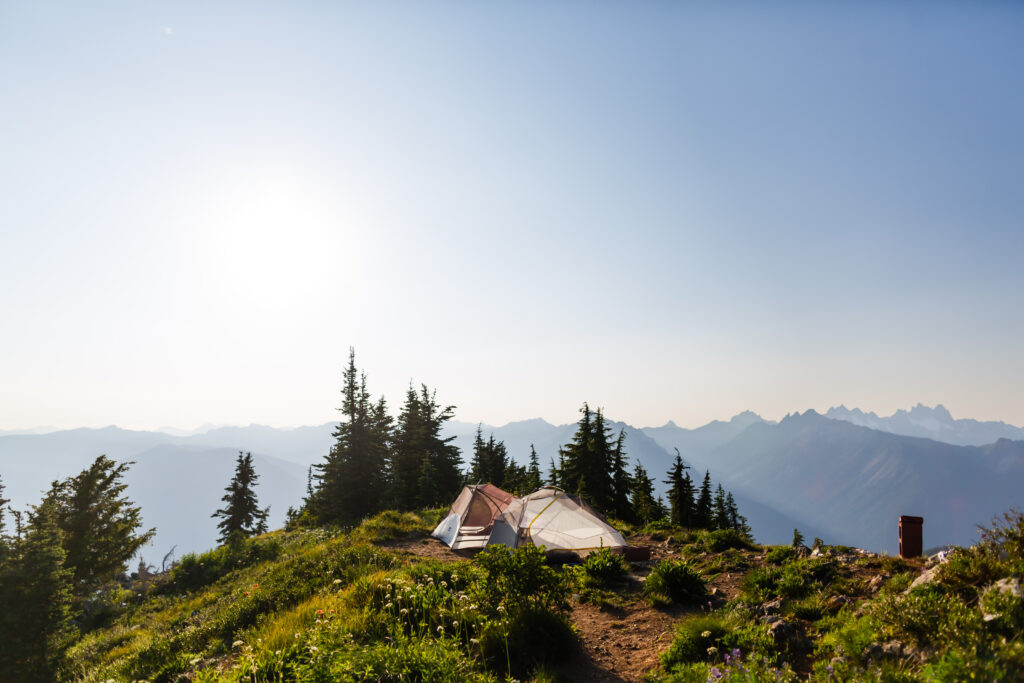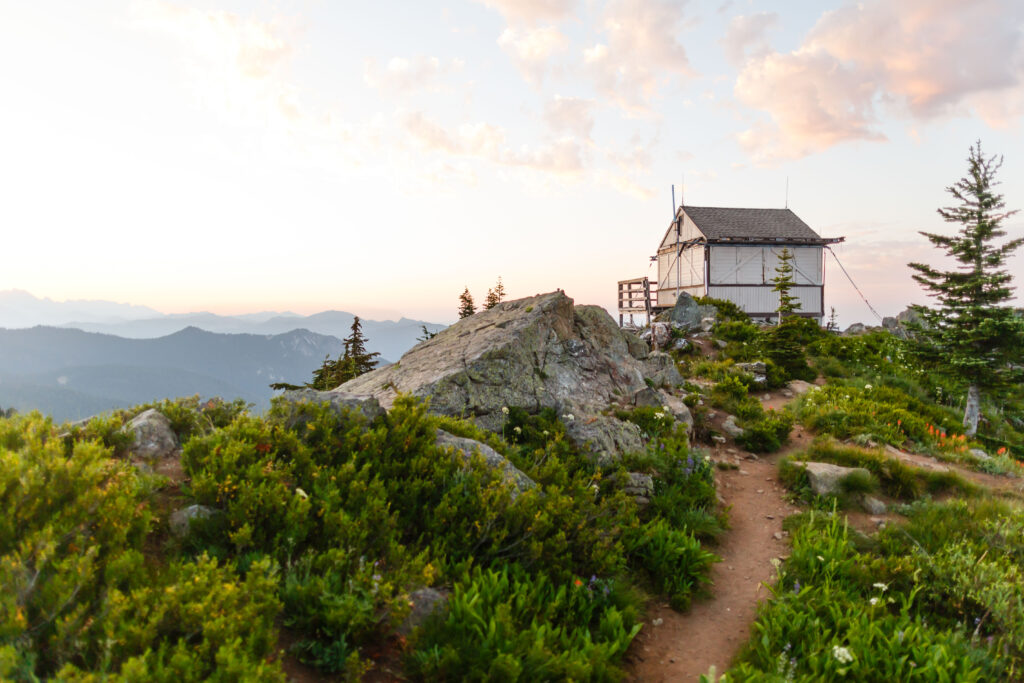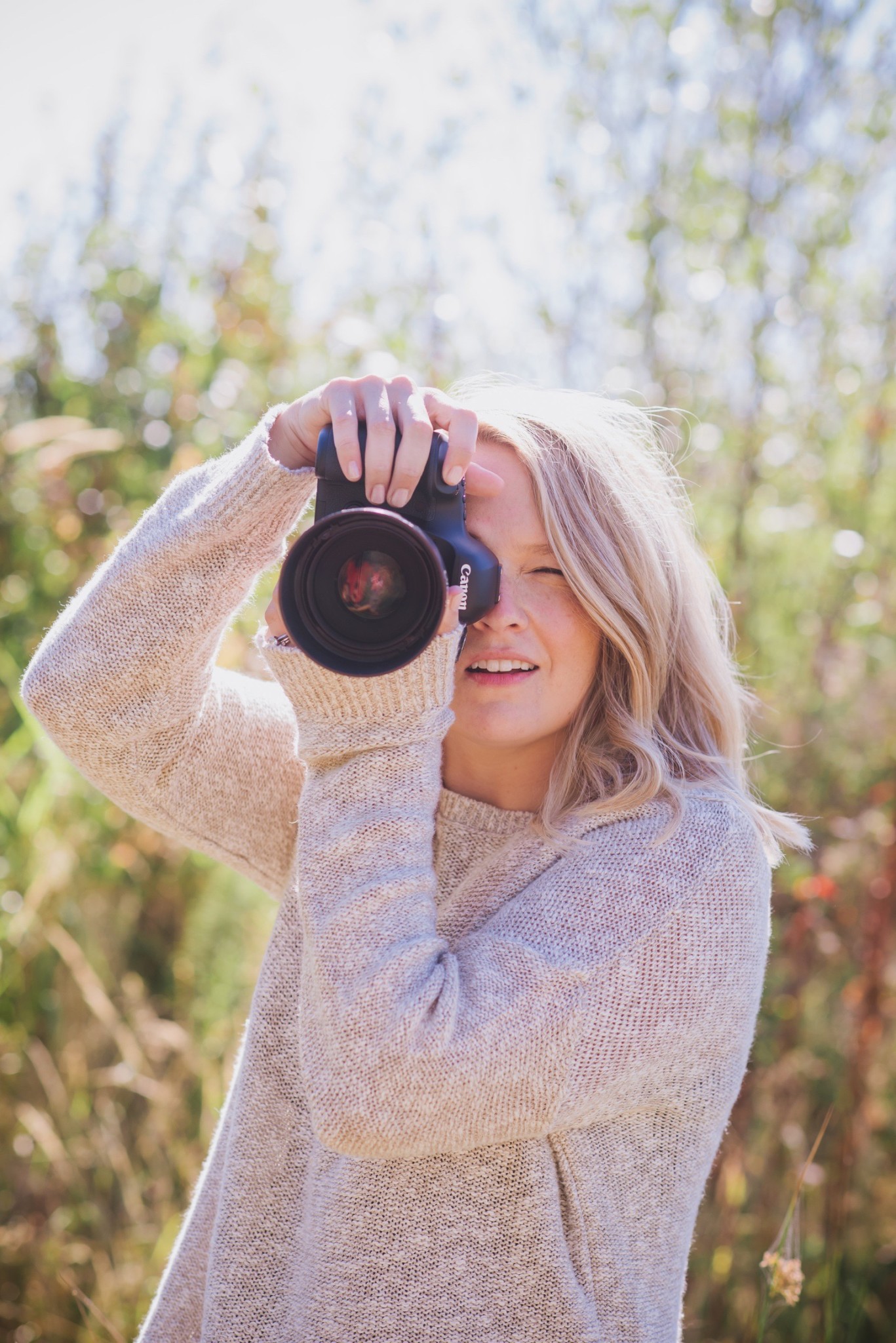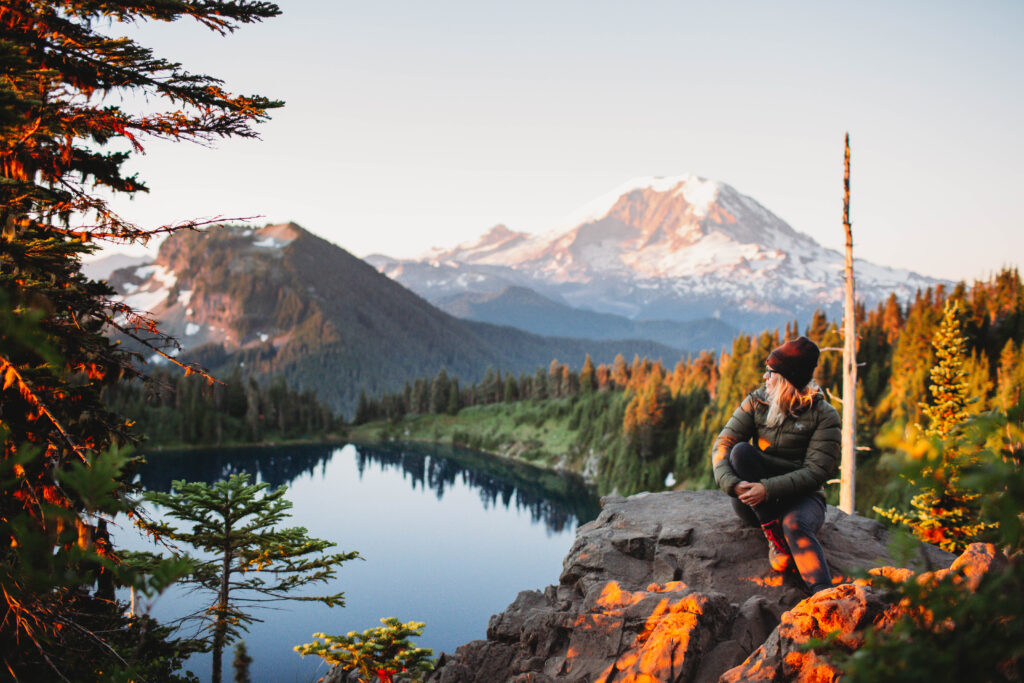
After grad school I worked for a solar start-up in Seattle, helping develop utility wind and solar farms that could be financed by universities and corporations. The job opened my eyes to the complications of our energy grid, the problems we’re facing, and the incredible tech that’s helpings solve them. While I left the role a long time ago, my interest in sustainability has remained.
After a little break, I’m diving back into sustainability this year, and have spent the last couple weeks reading about a lot of new energy tech, carbon sequestration innovation, and what’s ahead for environmentalism (nerd alert!). In the post above (and today’s story) I’m listing some beliefs I still hold since first getting into this 10 year ago, beliefs I’ve updated with new information, and a few new focuses for 2024.
I still believe the biggest carbon emitters are:
• How we make things (cement, plastic) 31%
• Plugging in (electricity) 27%
• Growing things (plants, animals) 19%
• Getting around (cars, trains, planes) 16%
• Keeping warm and cool (refrigeration, heating, cooling) 7%
I still believe it’s everyone’s responsibility to do what they can to help curb global warming, but continue to be frustrated by the lack of large-scale change from corporations and the government. If you are too, I get it!
I still believe reducing waste where we can is worthwhile, but I’m wondering if replacing my plastic toothbrush for a compostable one is the best use of my time and energy. This year I’d rather donate monthly to a number of sustainable organizations (like TreeEra, Ridwell, NRDC, and Coalition for Rainforest Nations) as they’ll stretch my resources further and make a bigger impact. I donate to the ACLU and Unicef too, as racism, poverty, and climate change are interlinked.
Other sustainable efforts I’m focused on:
• Learning about hydrogen and nuclear as clean energy sources. I could know more! And these offer a lot of promise for a renewable, clean-tech future. I’m also reading about new carbon capture tech, sustainable urban planning, and development in energy storage.
• Reading history. It’s always a great reminder of how people lived, in all parts of the world, with less. We’re in the peak of consumerism in human history and it’s easy to get used to it, and assume it’s normal to buy and accumulate so much stuff. It’s not! Most people in the old days, regardless of geography, had very few things. They were outside more. They grew their own food, and rarely traveled. They were more connected to communities and produce little waste. We’re the outlier!
• A little one: shopping in stores rather than online. I’m frustrated when I order something, it doesn’t fit, and then I have to drop it off at UPS or the post office to ship it back. It seems so wasteful! I’d rather take the time and shop in the store – old school. Less waste, and a more efficient use of my time.
• I also continue to limit meat and dairy intake (I’m not vegan!), buy less overall, be thoughtful of how often I fly, and do my best to skip the car and walk when I can.
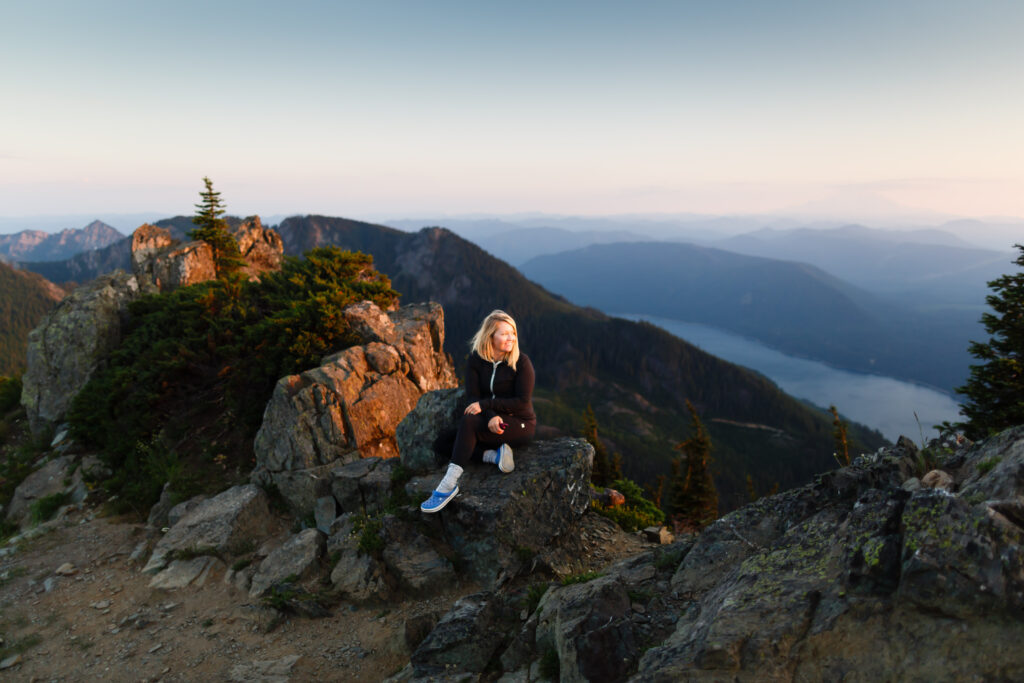
It’s challenging to be an environmentalist in the peak of consumerism in human history, but our efforts are still worthwhile. Every major change started with small steps, and we can move the needle when we work together. I preach progress not perfection. And not all hope is lost! There is so much promise in new tech and our young people.
What are some of your sustainable habits, or favorite books/podcasts on the topic? What’s something new you’ve learned?
